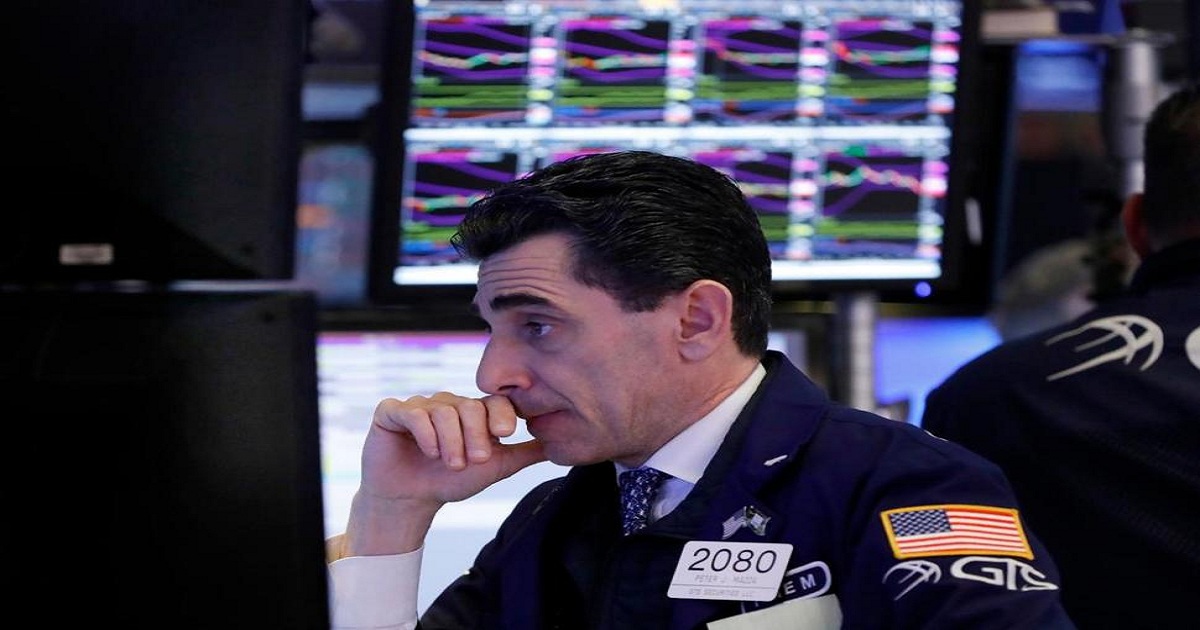Asian Shares Fall on Poor Chinese Economic Data
Usnews | December 13, 2018

Asian markets tumbled on Friday after China reported weaker-than-expected economic data, stirring up worries about the state of the world's second largest economy. KEEPING SCORE: Japan's Nikkei 225 index slid 1.7 percent to 21,439.16 and the Kospi in South Korea lost 1.2 percent to 2,070.70. Hong Kong's Hang Seng was down 1.4 percent at 26,165.88. The Shanghai Composite index fell 0.7 percent to 2,616.77. Australia's S&P ASX 200 shed 0.8 percent to 5,614.10. Shares were also lower in Taiwan and Southeast Asia.WALL STREET: Major U.S. indexes spent the day switching between small gains and losses before settling for a mixed finish. Small companies fell and high-dividend stocks, which investors favor when they want to reduce risk, rose. The S&P 500 index was almost flat at 2,650.54. The Dow Jones Industrial Average added 0.3 percent to 24,597.38 while the Nasdaq composite gave up 0.4 percent to 7,070.33. The Russell 2000 index of smaller company stocks slipped 1.6 percent to 1,432.70.CHINESE DATA: Chinese industrial output and retail sales slowed in November, official data from the National Bureau of Statistics showed Friday. Industrial output rose 5.4 percent over a year ago, compared with a 5.9 percent rise in October. Retail sales grew by 8.1 percent, down from 8.6 percent in the previous month. Investors are keeping close tabs on Chinese economic releases amid the country's trade dispute with the U.S. The two countries have agreed to a 90-day cease-fire on tariffs and are planning to use the time to resolve a myriad of issues. ANALYST'S TAKE: "Markets have been anticipating slower growth in production because of trade tensions. But retail sales show that consumption may not be strong enough to support the external sector," said Francis Tan, investment strategist at UOB Private Bank. "These slower numbers will surface on policymakers' dashboards and there is a possibility of more stimulus early in the new year," he added.